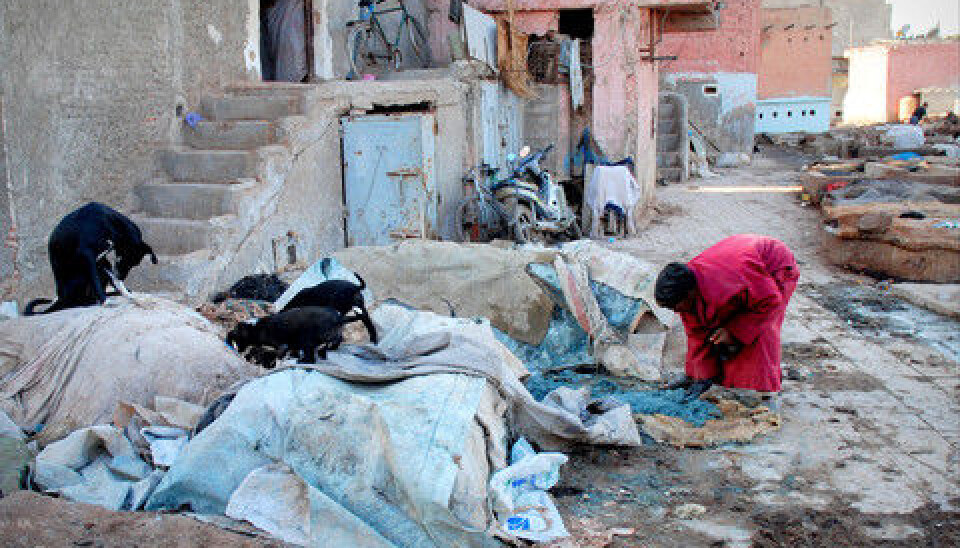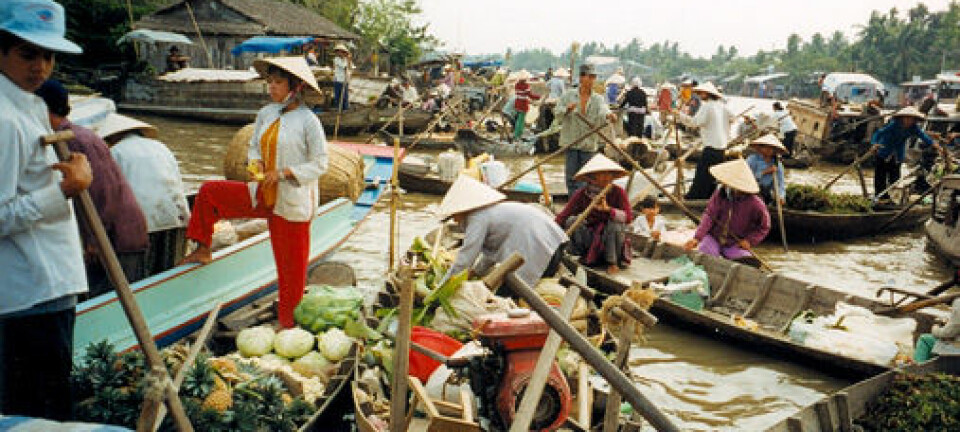
When aid sows the seeds of conflict
International aid can be a contributing factor to civil war and coup d’états, new findings suggest. The temptation of aid money or the destabilising effect of sudden aid cuts can increase the risk of conflict.
The risk of corrupt regimes taking aid money for their personal use is nothing new – but ‘aid economies’ can be a problem in themselves, new research from Swedish suggests.
Aid can be seen as a form of revenue, and in some cases can increase the risk of violent conflict – just like revenue from natural resources, the research shows.
Three conflict scenarios
The research group, led by Magnus Öberg, studied the complex relationships between economic conditions, foreign aid, governance and instability. Researcher Margareta Sollenberg found that foreign aid and development assistance could increase the risk of civil conflict and coups d'état in three particular circumstances.
In states with few constraints on executive power, a great amount of foreign aid represents significant revenue and is linked to an increased probability of armed conflict.

Institutions inside and outside government play an important role in preventing conflict over aid distribution or internal resentments from escalating into armed conflict.
When aid levels are sufficiently high, the money can be a valuable prize for rebels. The temptation to seize control of the country and all its income could motivate excluded groups to revolt and start a civil war.
Creating an economic shock
On the other hand, reducing aid does not automatically reduce the risk of armed conflict.
A sudden reduction in aid creates an economic shock similar to a suddden drop in oil prices for an oil-dependent regime. A government that uses aid money to keep inside elites loyal will become unstable if this money stream dries up. Growing internal dissatisfaction and resentment can then increase the risk of a coup.

“Our research shows that development aid is problematic when it constitutes a major part of a country’s economy, or when it suddenly is altered,” comments Magnus Öberg.
Ineffective bureaucracy and risk of conflict
Working with fellow researcher Erik Melander, Öberg explored how the quality of government institutions and bureaucracy affect the risk of civil war.
Politically corrupt dictators tend to use jobs in the bureaucracy as a means to reward loyal followers - often relatives and friends.
This increases the risk of an ineffective, non-professional bureaucratic sector that is unable to inform the ruling elite about problems facing the country's population. The combined lack of an independent bureaucracy, reliable news channels or other inputs makes it harder for the regime to devise policies to address important issues and defuse the risk of violent conflict.
An analysis of data from 1985-2004 showed that high quality bureaucracies are associated with civil peace in autocratic regimes.
75 percent of coups in Africa and South America
The researchers also gathered data on almost 600 coup events globally from 1950 to 2010. Africa and South America account for almost 75 percent of coups since 1950.
Not surprisingly, regimes with high levels of political corruption and a lack of constraints on executive power figure prominently in the coup data, with competing elite factions fighting over the spoils of government.
Even in coups originating outside the state apparatus, coup leaders were almost invariably former government elites - such as former officers, ministers, or presidents.









